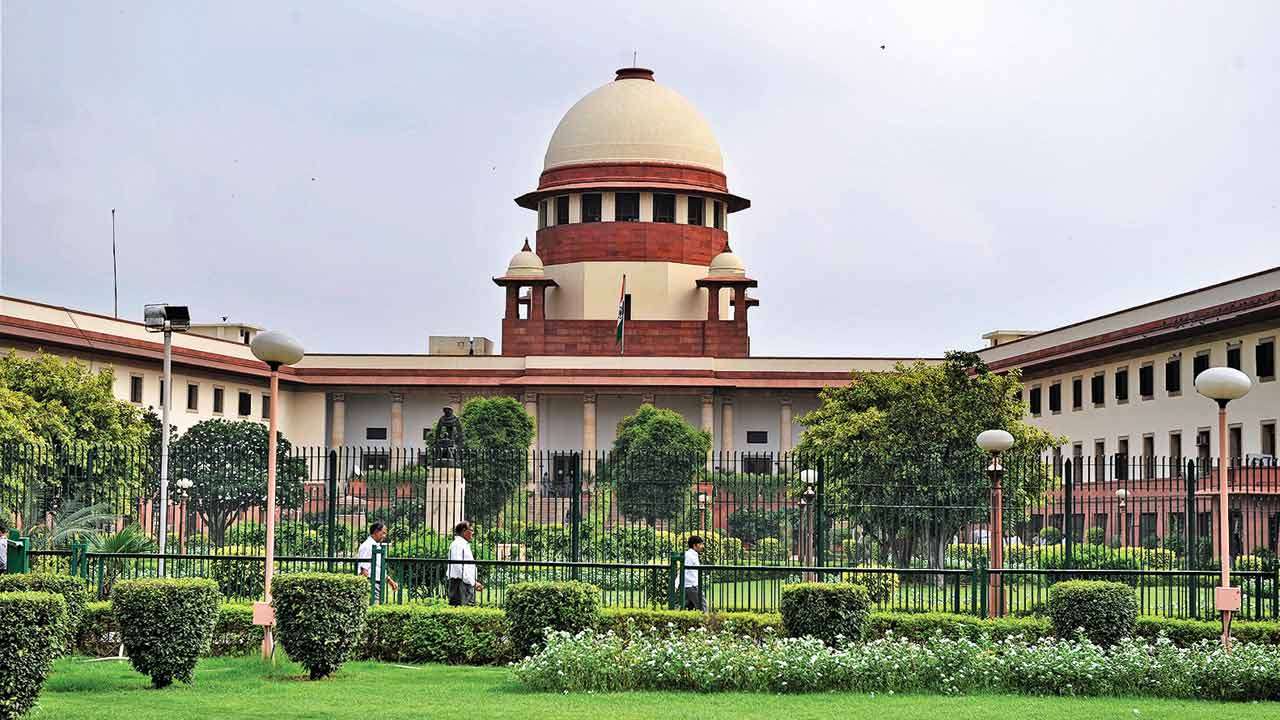

By Sunil Garodia
First publised on 2021-04-20 03:02:10
In a series of excellent moves, the Centre decided to extend the vaccination drive to all citizens above 18 years of age from May 1, threw open 50 percent of the production for direct procurement by states, companies and private hospitals and allowed vaccine manufacturers to set a price for the doses before May 1. It also allowed states to set category-wise age criteria for those above 18. The government said that the 45+ citizens will continue to get the jabs free at government centres while others will have to pay a pre-fixed price.
While this addresses a huge concern (remember the need and want debate on vaccination?) and a major percentage of the population will now be covered in the drive, where are the vaccines to jab them? In a separate announcement, the government said that it had provided Serum Institute and Bharat Biotech advance payments for vaccines ordered till July to ramp up production. In another announcement, the Niti Aayog said that vaccine supplies will stabilize in July. But one is sure that the last announcement was made before jabs were opened for 18+. If India vaccinates 30 lakh people every day, it needs 9 crore doses a month. Production will simply not match the demand, at least in the short run. The vaccination drive will pick up in real earnest only from July-August when production is expected to be substantially increased and India can provide the jab to nearly 60 lakh people every day (infrastructure permitting) to inoculate 18crore in a month and reach herd immunity by December by giving both the doses to more than 50 percent of the population.
The biggest advantage of the new policy is the increased involvement of the private sector. Since private hospitals have been allowed to procure the vaccines directly from manufacturers (who will sell to all private hospitals and companies at a pre-set price to be declared by May 1) or even import them, they will not have to depend on the government for supplies and can plan their participation in a better way. Costs will increase and the private players are likely to be allowed to charge more than the Rs 250 they do now. But with vaccines easily available in private hospitals, those who can afford to pay a little more will not have to wait.
The states will also not have to depend entirely on the Centre for supplies as they can now order directly from manufacturers or import the approved vaccines. They can even fix age criteria for different categories keeping in mind the national policy of providing jabs to all above 18. They will also have a clear idea of production and distribution, as the Centre has made the process transparent, and can plan in advance accordingly.










